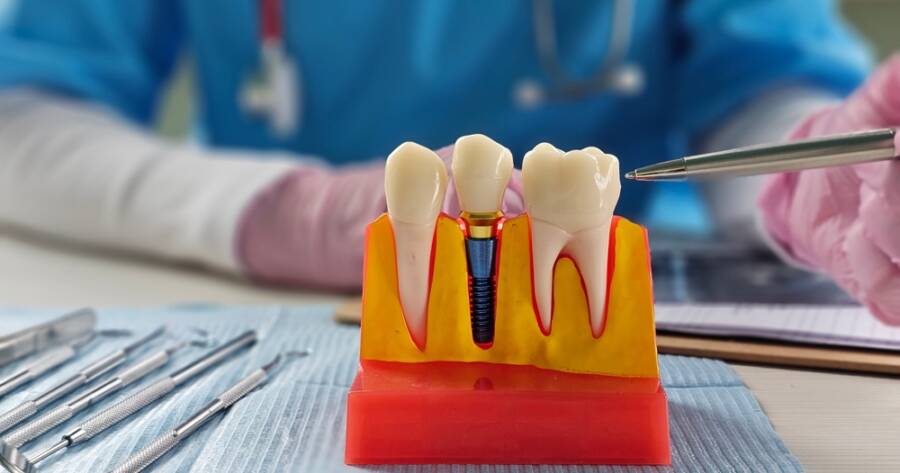Dental implant trials play a vital role in the advancement of dental healthcare by improving treatment outcomes and fostering innovation. Trials address the challenges of developing effective care models, requiring careful consideration of eligibility, ethical guidelines, and logistical support. Explore the complexities, advancements, and implications that participating in trials entails in shaping future dental practices.
Understanding the Landscape of Dental Implant Trials
Dental implant trials are an integral part of the evolving landscape in dental research, aimed at improving treatment outcomes and fostering innovation across healthcare. These trials are increasingly significant as they tackle complex challenges in establishing robust models of care. Participating in these trials not only provides individuals with the opportunity to play an active role in personal health management but also contributes to medical advancements. Dental practice settings are centered around translating research into everyday clinical practices, thus highlighting the importance of these trials in enhancing the evidence base for dental procedures.
Factors to Consider Before Participating in Dental Trials
Before committing to a dental implant trial, it is essential to understand which clinical trials are open for enrollment, along with examining their descriptions, selection criteria, and study durations. Potential participants should take action by contacting relevant centers to resolve any queries specific to the trial details. It’s crucial to allocate ample time for the ethical and governance approval process, a common barrier in dental trials. This step includes obtaining necessary permits and understanding the logistical support required for successful participation. Additionally, managing appointments and participant time commitments effectively are vital for ensuring smooth trial operation and retention rates.
Understanding Eligibility and Study Designs
Clinical trials in dentistry often face challenges like strict eligibility criteria and a lack of generalizability, which are necessary for individuals to consider before enrolling in a trial. These limitations emphasize the need for study designs that are more applicable to real-world scenarios, such as patient-centered outcomes. Additionally, the integration of advanced technologies like AI in dental research has been pivotal for improving participant recruitment and predictive modeling, offering potential participants an insightful look into the technology impacting trials. However, ethical considerations and AI validations are crucial to ensuring the reliability and credibility of these trials.
Logistical and Training Considerations
Effective implementation of dental trials hinges on engaging stakeholders early on, involving dental clinics and clinicians from the design phase. This engagement aids in improving outcomes for both researchers and patients. Another vital aspect is the management of resources, including dental instruments necessary for interventions. Ensuring adequate infection control and sterilization highlights the logistical and financial planning required for clinical trials. Furthermore, providing research training for staff within participating practices strengthens the capacity for research and promotes the integration of trial findings into routine clinical practices.
Ethics and Advancements in Dental Research
Participating in dental implant trials necessitates a thorough understanding of the ethical considerations surrounding clinical research. Builders of these trials must maintain transparency and authenticity in their operations to set realistic expectations for potential participants. Moreover, the evolving landscape of dental trials, supported by collaborative research networks and increased funding, calls for open science practices. These practices are vital in reinforcing participant trust and the credibility of dental trials, ensuring informed decision-making for prospective participants.
Why You Should Learn More About Dental Implant Trials Today
The realm of dental implant trials offers a unique blend of innovation and practical application in improving dental healthcare. By understanding the multifaceted aspects of these trials, potential participants can make informed decisions about their participation. This understanding includes the complexities of ethical considerations, advancement in study designs, and integration of cutting-edge technology. Engaging in these trials not only advances personal health but also plays a critical role in shaping the future of dental practices. Therefore, becoming well-versed in the ongoing trends and requirements of dental implant trials is beneficial for anyone interested in being at the forefront of dental research advancements.
Sources
Challenges and Implementation Strategies in Dental Trials
